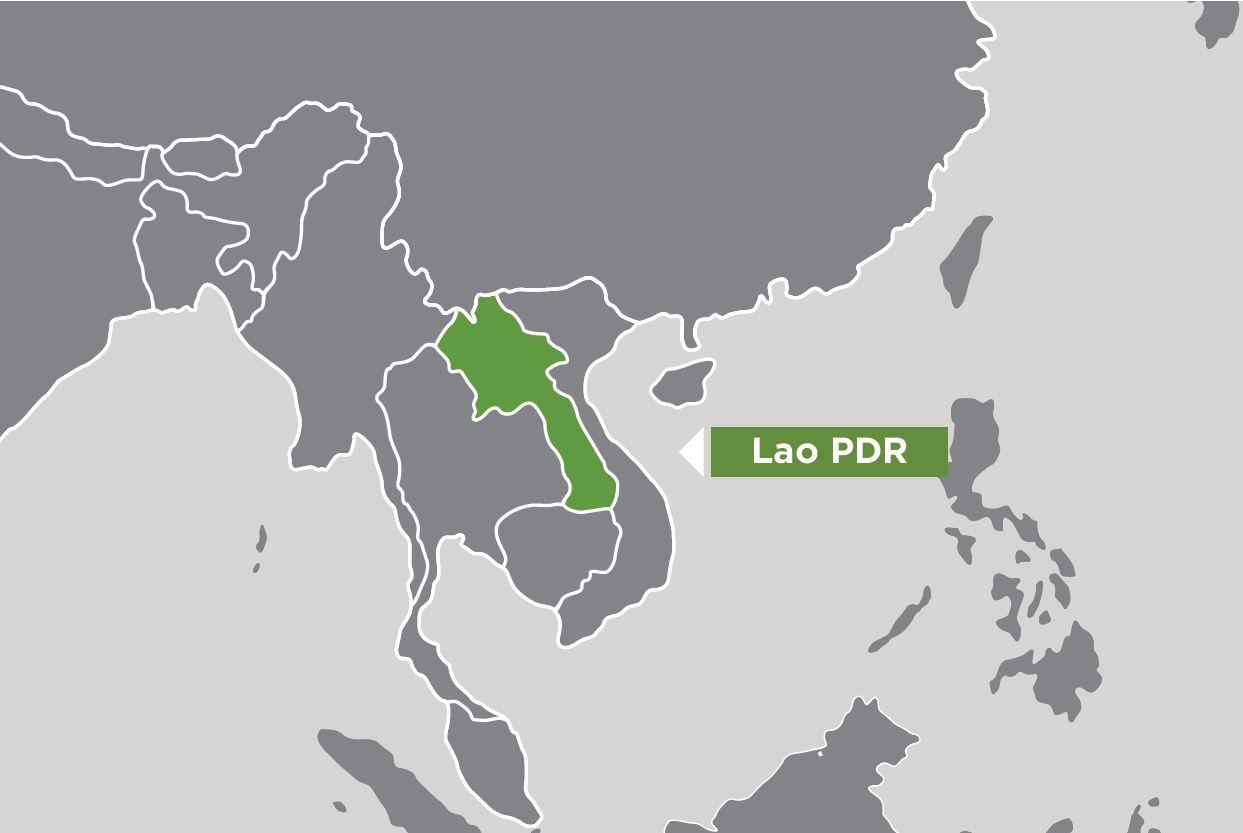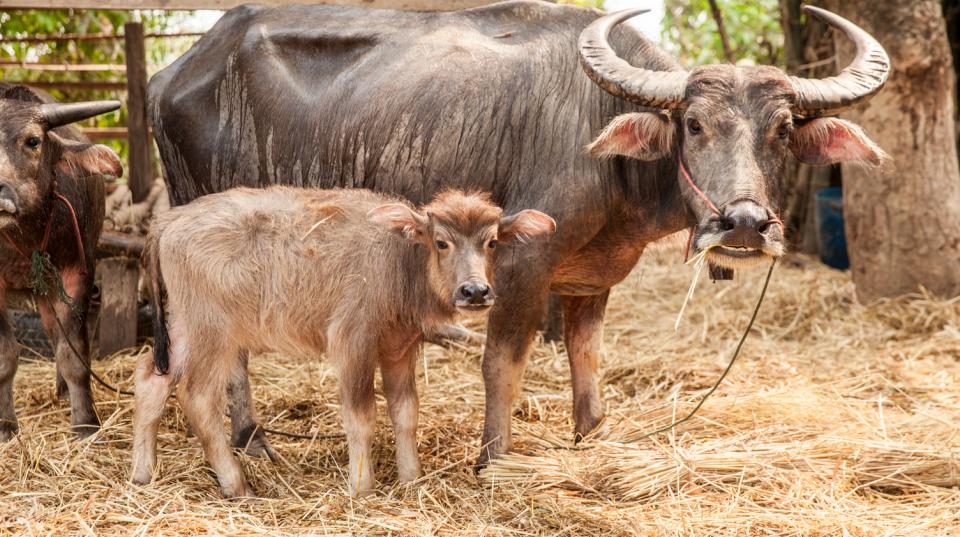Overview
This project is supporting the development of a beef industry in Laos in response to new market opportunities in the Greater Mekong Subregion (GMS).
Smallholder cattle and buffalo farmers in Laos are increasingly gaining access to improved domestic and international beef markets in the GMS.
Although there is growing recognition that this opportunity could improve rural livelihoods and alleviate poverty, the supply of beef animals is increasingly under stress due to disease, poor productivity and reproductive performance, and undeveloped markets.
Limited access to regional markets for smallholder farmers has constrained the adoption of improved cattle management technologies and practices, including biosecurity. Knowledge gaps have been identified around large ruminant husbandry, health and marketing practices, but there is little understanding of how to address these issues.
Improved production and marketing systems are recognised as crucial in managing livestock transboundary disease and alleviating poverty.
This project aims to improve the competitiveness of the beef value chain; encourage the development of a biosecure market-driven production approach; and support improved buffalo and cattle (ruminant) reproduction.
Project outcomes
- An effective pathway for improved health, production, biosecurity and marketing.
- Establishment of a price information mechanism and a pilot ‘quality assurance’ system to enhance the market chain.
- An understanding of how smallholder farmers can apply appropriate health and productivity interventions to achieve intensification and greater market access.
- Institutional understanding of the most appropriate reproduction and breeding management interventions to increase the supply.
- Increased livestock trader incomes due to sale of higher quality animals, reduced risk of disease, and greater market awareness and stakeholder engagement.
- Increased smallholder household incomes.
- Policy developments to facilitate improved transboundary animal trade practices and create national economic impacts.
- Investment in alternative livestock enterprises, other employment opportunities and lifestyle improvements.





